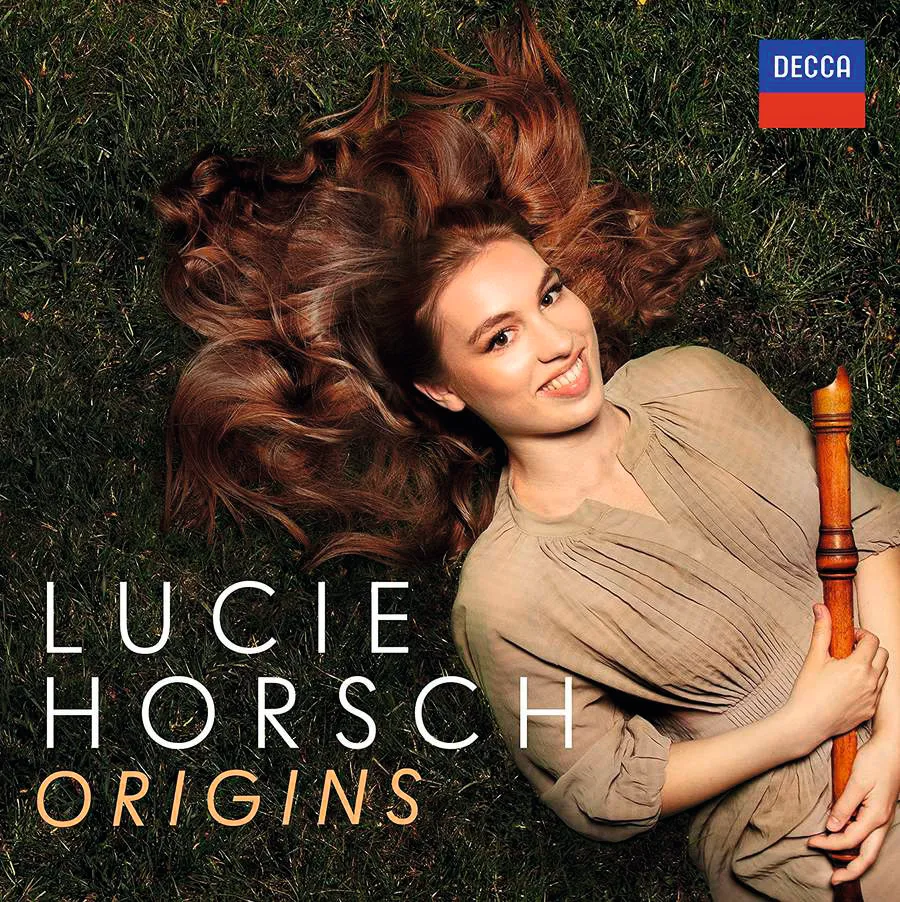
Origins Bartók: Romanian Folk Dances; Hungarian Folksongs from Csik; Maxwell Davies: Farewell to Stromness; Debussy: Syrinx; Parker: Ornithology; Piazzolla: Histoire du Tango – Café 1930 etc Stravinsky: Three Pieces for Solo Clarinet (arr. recorder); Chanson Russe; Traditional: She moved through the fair etc Lucie Horsch (recorders); Fuse Ensemble et al Decca 485 3192 62:23 mins
Since the 16th century, recorder players have tailored music originally written for other media, and in so doing, have been able to demonstrate the versatility of their instrument. Decca’s signing of the young Dutch player Lucie Horsch recalls aspects of Michala Petri’s relationship with Philips between 1979 and 1987. Recorded in the celebrated studios of Hilversum’s Muziekcentrum, Origins, Horsch’s third Decca release, is a sonic manifestation of the subsequent transformations of the recorder’s status.
Horsch deftly traverses staples of the Western canon, as well as bebop, Argentinian tango and other traditional musics with articulatory dexterity, as well as timbral, technical and stylistic virtuosity. The transcriptions, including several by Horsch herself, are an enchanting reminder of the fluidity of musical works, inviting us to recalibrate our listening.
Horsch harnesses no less than nine different instruments, bringing a kaleidoscopic range of colours to the repertoire. Highlights are the voiceflute in Debussy’s Syrinx, and the Renaissance tenor recorder in ‘She moves through the fair’. Whilst transcriptions of single-reed music are the least successful, Horsch’s collaborations with players of the bandoneón, cimbalom, guitar and kora enable her to further explore the capabilities of her instruments. In Bartók’s Romanian and Hungarian music the pairing of recorder and cimbalom has a timeless authenticity, and the Senegalese flavour of the two improvisations with kora-player Bao Sissoko showcases the breadth of Horsch’s artistic vision.
Ingrid Pearson